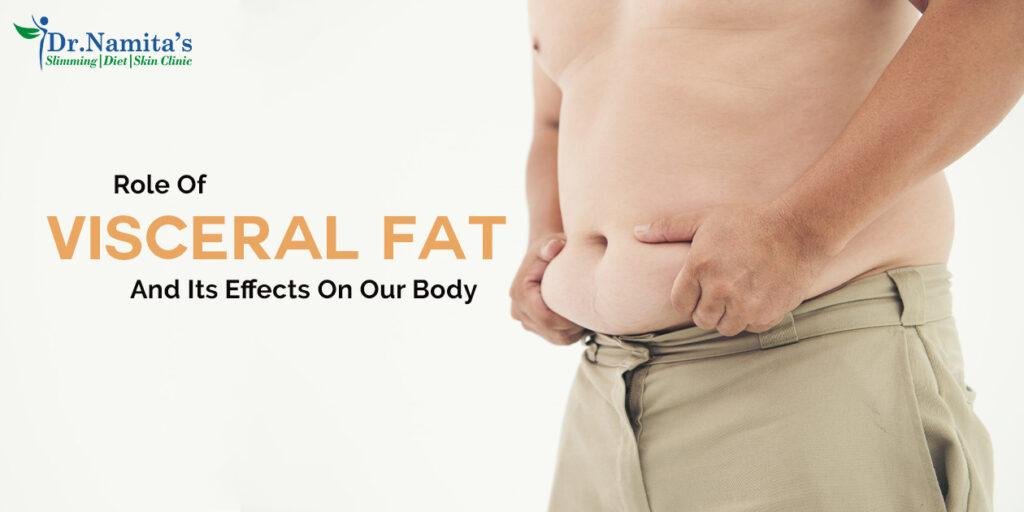In the realm of health and wellness, the term “visceral fat” often emerges as a pivotal concern. Unlike subcutaneous fat, which lies just beneath the skin, visceral fat lodges deep within the abdominal cavity, enveloping vital organs such as the liver, pancreas, and intestines. While it’s natural for the body to store fat for energy and insulation, excessive visceral fat poses significant health risks, ranging from metabolic disorders to cardiovascular diseases.
Visceral fat serves as more than a mere energy reserve; it acts as an active endocrine organ, secreting inflammatory substances and hormones that can wreak havoc on bodily functions. Its presence correlates strongly with insulin resistance, a precursor to type 2 diabetes, as well as dyslipidemia and hypertension, collectively known as metabolic syndrome. Furthermore, visceral fat’s inflammatory nature contributes to chronic low-grade inflammation throughout the body, paving the way for various diseases.
Understanding the role of visceral fat prompts a crucial question: how can individuals mitigate its adverse effects and foster a healthier lifestyle? The answer lies in a multifaceted approach encompassing diet, exercise, and lifestyle modifications.
First and foremost, dietary choices play a pivotal role in managing visceral fat. Incorporating nutrient-dense foods such as fruits, vegetables, lean proteins, and whole grains can help curb excess fat accumulation while providing essential vitamins and minerals. Moreover, reducing consumption of sugary beverages, processed foods, and saturated fats can help prevent visceral fat deposition and promote overall well-being.
Regular physical activity constitutes another cornerstone of visceral fat reduction. Engaging in aerobic exercises such as brisk walking, jogging, or cycling can effectively burn calories and target visceral fat stores. Strength training exercises, which build muscle mass, also prove beneficial by boosting metabolism and enhancing insulin sensitivity.
In tandem with dietary and exercise interventions, adopting healthy lifestyle habits can further support visceral fat reduction. Prioritizing adequate sleep, managing stress levels, and avoiding smoking and excessive alcohol consumption can help optimize metabolic function and promote a leaner physique.
While addressing visceral fat holds paramount importance for overall health, it’s essential to approach weight management holistically, considering individual needs and circumstances. For individuals seeking to gain weight in a healthy manner, consulting with the Best Diet Clinic in Noida can provide invaluable guidance and personalized strategies.
In Noida, individuals can explore the services offered by the best diet clinic under the expertise of professionals like Dr. Namita Nadar. Through tailored nutrition plans and evidence-based recommendations, individuals can embark on a journey towards sustainable weight gain and optimal health. By emphasizing wholesome foods, portion control, and gradual weight gain, these clinics empower individuals to achieve their desired weight goals while prioritizing their well-being.
In conclusion, understanding the role of visceral fat underscores the importance of proactive health management. By adopting a balanced approach encompassing nutritious eating, regular exercise, and healthy lifestyle habits, individuals can mitigate the adverse effects of visceral fat and cultivate a vibrant, resilient body. With the guidance of reputable healthcare professionals and the commitment to sustainable practices, individuals in Noida and beyond can embark on a transformative journey towards holistic well-being.

